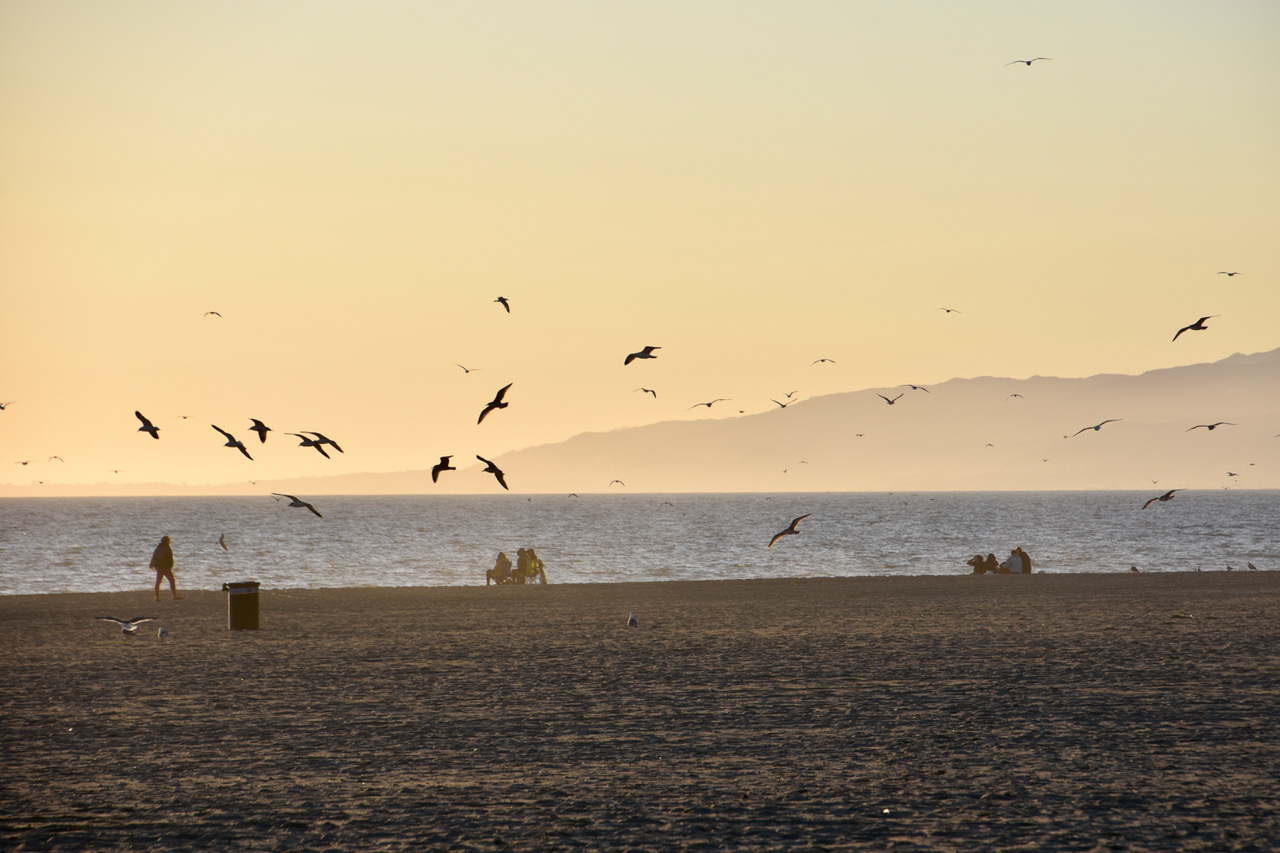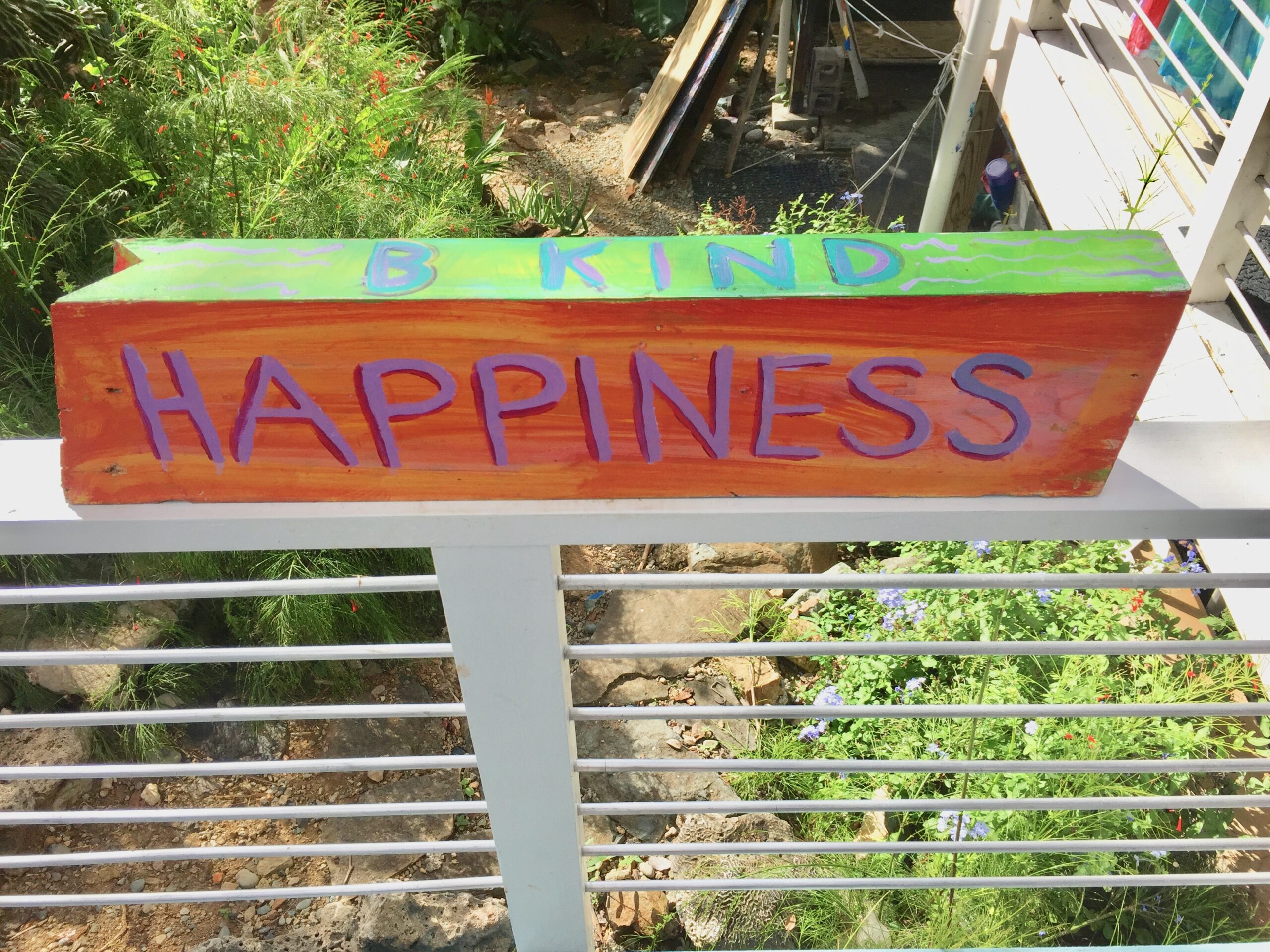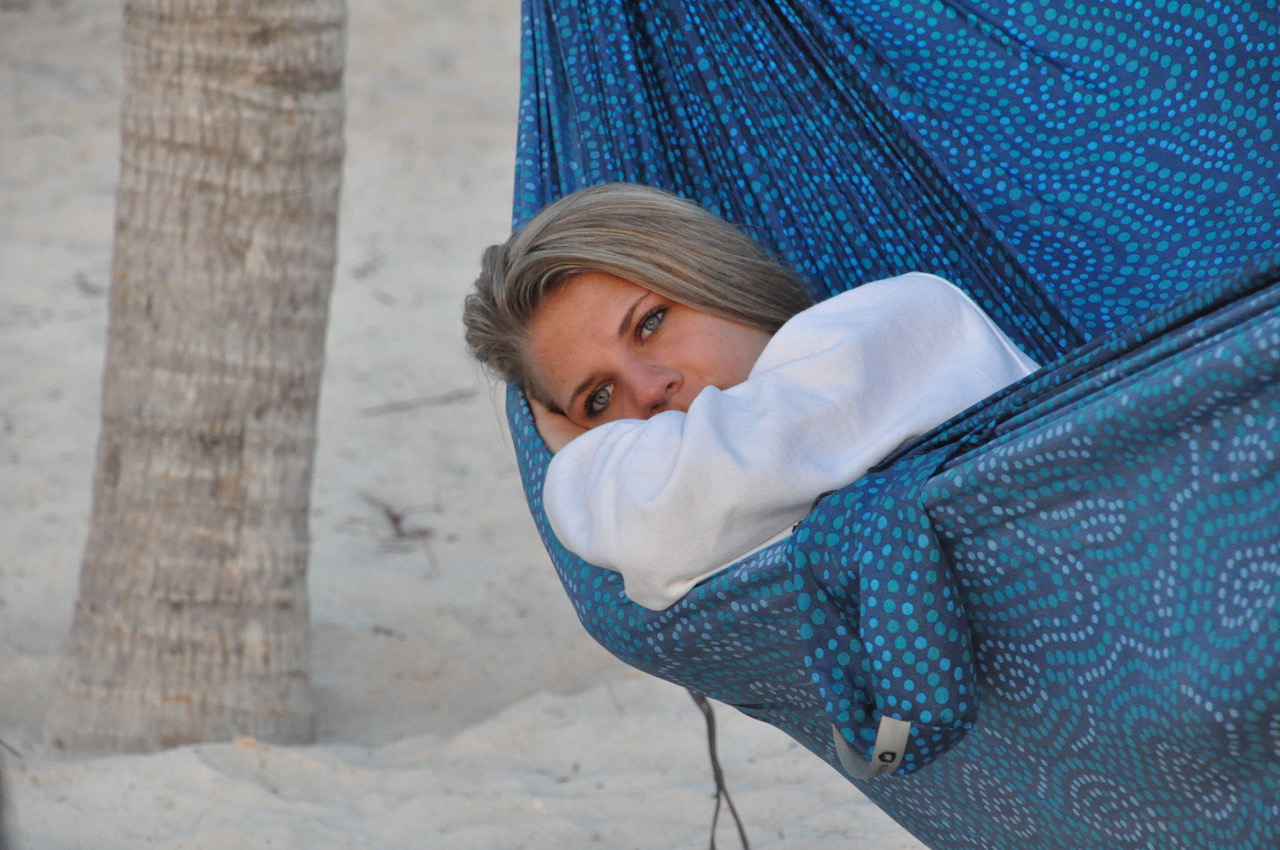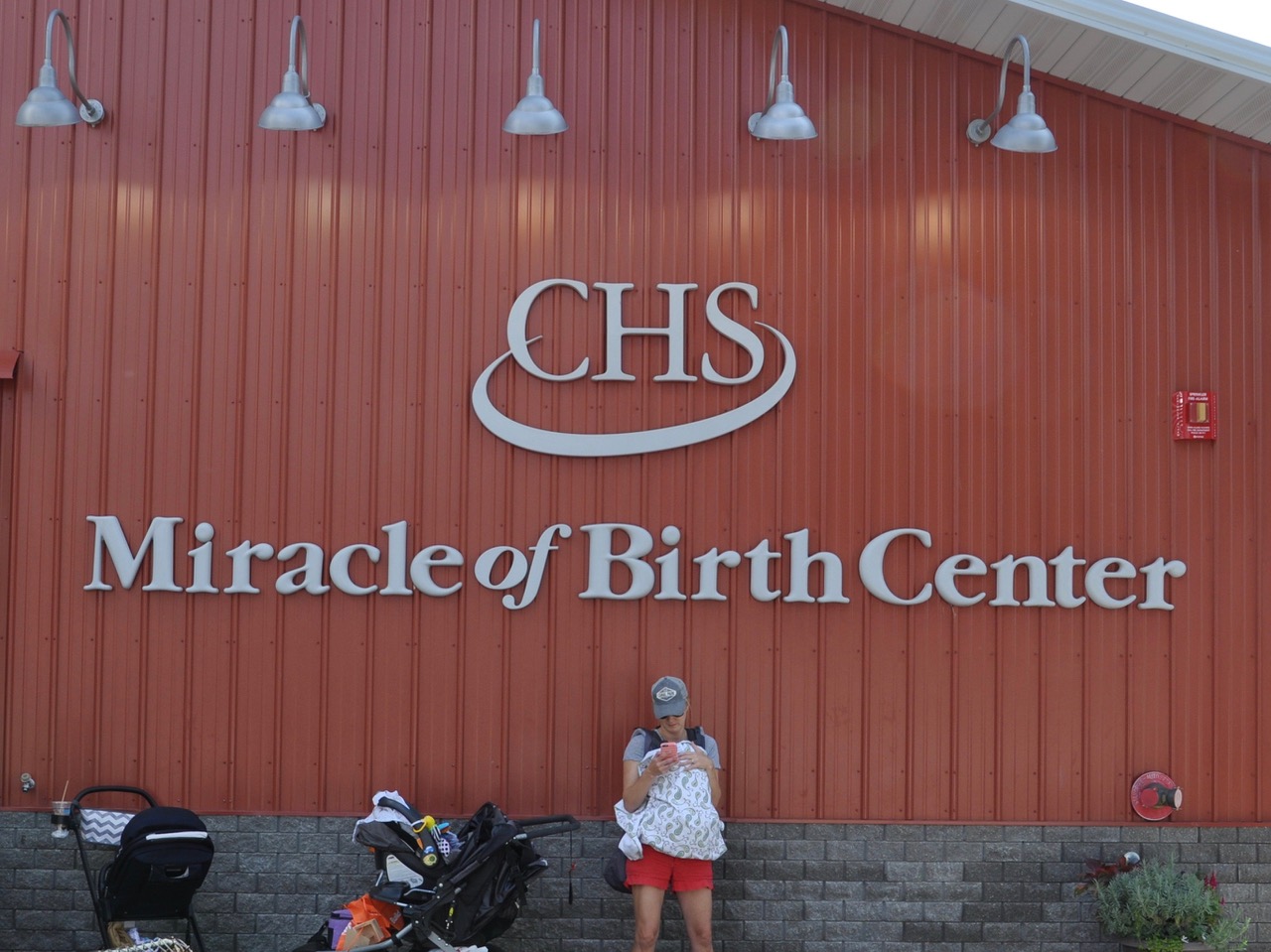GUEST POST: Today’s thoughts come from our old mentor and friend, The Armchair Economist. It’s been a while, so we’re honored he’s back. His resume and accolades would not fit on our pages—nor even the internet. So we again welcome his incomparable expertise and vital voice for this treatise on the challenges of BreakAways in current economic conditions.
- America’s Haves Vs. Have-Nots Is Now in Stark Black-and-White

As Submitted by The Armchair Economist
My friends! I cannot sit back in silence on my luxurious llama leather recliner sipping Louis XIII Cognac while brushing up on my John Locke any longer. Please pay attention. Or a revolution like we’ve never seen since the 1770s may be an inevitable consequence.
Consider our record unemployment. Government aid in the trillions. Lavish bailouts for corporations, airlines, and most any big-ish business that knows how to play the game and liquor up lobbyists. A few honest syndicates sheepishly returned their mega millions. But most kept the cash despite often churning profits, perhaps chuckling between griping about government over-reach and lazy laborers accepting handouts rather than “gittin’ back to work,” even if it also might mean gittin’ sick.
Generalizations? Perhaps. But maybe not. And with those dispiriting variables as our backdrop, the Armchair Economist is displeased to announce that…
- The wealth gap is bigger than ever before
According to my friends at the Fed (WE can’t make this stuff up), the pandemic-downturn has actually helped the haves—because they are unable to spend lavishly in their beloved parlors, country clubs, restaurants, and opera houses. Sadly, their diminished patronage equates to lost livelihoods for millions of waiters, chamber maids, and pedicurists.
(Oh, and many investments like the stock market and real estate are doing swimmingly, thank you very much.)
- Need proof of the disparity?
• The top 1% now holds a record high 40% of US assets
• The bottom 50% now shares a record low 2% of the nation’s wealth
• Inequality will likely worsen as more workers lose jobs while the affluent keep raking it in yet cannot resume their conspicuous-consumption, jet-set ways
- So how does that hit home?
• 1 in 3 Americans are having a tough time paying basic living expenses
• ~10 million are behind or at risk of making their mortgage or rent
• 1 in 4 adults expect someone in their household to have less $ over the next month
So my friends, please don’t underestimate the dire consequences of these inequities. This holiday season may make Mr. Scrooge’s bleak fable look lush. Homeless villages may come to resemble India’s slums, not just tents in parks. Beggars on corners may battle over worthy intersections.
But who cares? That’s an intellectually, if immorally, puzzling question. And that’s what troubles this scholar and embarrassingly successful capitalist…who DOES care. And will vote. And will donate bazillions to the kindly causes that try to fight back against SuperTanker FilthyRich. But we need more than that—more resources, more action, more…fair and balanced humanity.
After all, for example, my very close personal friend Kirk, your Curator and Host here at BreakAway, simply wants everyone to get healthful, meaningful, time off. To take care of their loved ones. To get out of town—or tent. And to see the world (or a slice of it), whatever that may mean to the individualist, as allowed and affordable and safe. Everyone wins—even the proverbial property owners whose profits may depend on those of lower class (caste?) having coinage with which to splurge on simple pleasures.
Any alternative could get ugly. And who wants to experience unrest (what an understatement!) and stupid plundering if the working class can’t afford proper anger management courses while the rich and classless keep getting richer?
Here’s the hardest part: There’s enough for everyone. At least in this land (is your land, is my land). Unless the greedy build even bigger walls than that one Mexico kindly built for us. And refuse to share their many toys, like so many spoilt brats.
That sounds like no fun, for anyone. Let’s hope we’re BIGGER…than that. All of us. And that the 1% with 40% realizes the slimy slope between lucky success and greedy narcissism. Otherwise, well, the tea may get dumped in the harbor. And frankly, it’s already dirty.
The economy—and possibly CIVILization as we know it—are in the imbalance.
As Mr. Horsted would say, and I try to repeat as my mantra, “Keep the faith.”
“Those least able to shoulder the burden have been the hardest hit.”
— Jerome Powell, Federal Reserve Chairman
* * * * * SOURCES ARE ONGOING BUT HEREIN INCLUDE…
The Fed
Census Bureau Weekly Pulse Survey
https://www.ajc.com/news/nation-world/us-household-wealth-hits-record-even-as-economy-struggles/XSYAV7HE3BBI5NCLIAXRYTYBAU/
https://www.startribune.com/median-households-made-gains-but-the-large-wealth-gap-remained-data-show/572569632/
 Employers allegedly want neat, linear work histories. But most lives, especially those well-lived, more resemble a beautiful stack of abstract experiences.
Employers allegedly want neat, linear work histories. But most lives, especially those well-lived, more resemble a beautiful stack of abstract experiences. 

 For many, of late, life’s a b*tch—not a beach. The lucky ones get a sponsored BreakAway.
For many, of late, life’s a b*tch—not a beach. The lucky ones get a sponsored BreakAway.
























